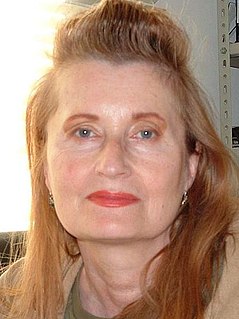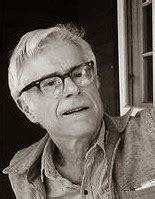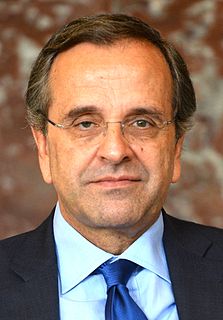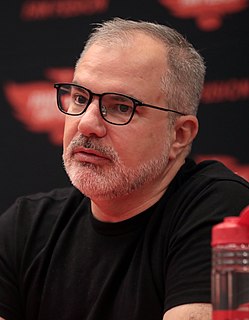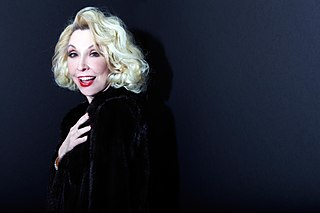A Quote by Elfriede Jelinek
The smaller a group, the easier it is for more people to argue and enter into discussions. The U.S. is vast. It's too large. The intellectuals hide out in enclaves, in big cities or universities, like a bunch of chickens hiding from a fox.
Related Quotes
The very large units of production and exchange have access to credit on a large scale, sometimes without any cover at all, merely upon the prospect of their success, and always upon terms far easier than are open to their smaller rivals. It is perhaps on this line of easier credit that large capital today does most harm to small capital, drives it out and ruins it.
It's not what people do that scares me. It's what they hide. It's the secrets that keep us from bonding and create distrust. If we were more willing to accept each other's depravity we'd be more united, we'd be more honest. If you hide two things from me, I'll assume you're hiding a million. And I'll keep you at a distance. I'm not afraid of the evil in you. It's in me too.
Freedom is messy. In free societies, people will fall through the cracks - drink too much, eat too much, buy unaffordable homes, fail to make prudent provision for health care, and much else. But the price of being relieved of all those tiresome choices by a benign paternal government is far too high. Big Government is the small option: it's the guarantee of smaller freedom, smaller homes, smaller cars, smaller opportunities, smaller lives.
It is tempting to call for better leadership, but we probably expect too much from the leaders of the nations. Those nations are too big, the connections not strong enough, the commitment to the future not long enough. It is better to look smaller, to our now-smaller organisations, to local communities and cities, to families and clusters of friends, to small networks of portfolio people with time to give to something bigger than themselves. We have to fashion our own directions in our own places.
To hide a passion totally (or even to hide, more simply, its excess) is inconceivable: not because the human subject is too weak, but because passion is in essence made to be seen: the hiding must be seen: I want you to know that I am hiding something from you, that is the active paradox I must resolve: at one and the same time it must be known and not known: I want you to know that I don't want to show my feelings: that is the message I address to the other.
